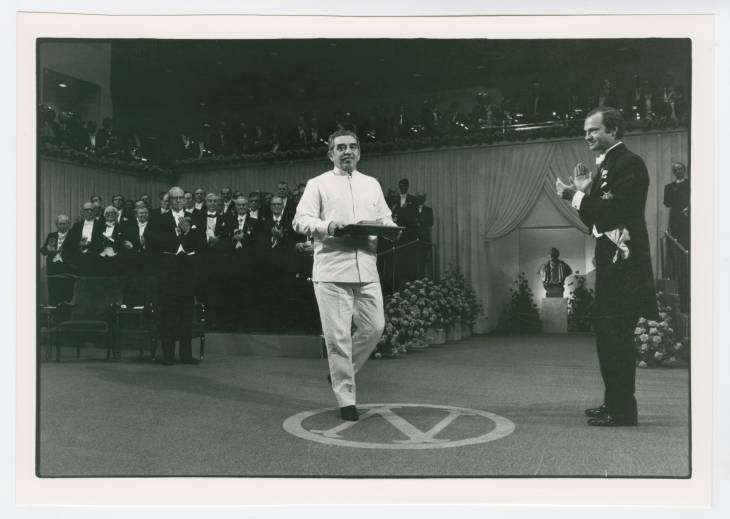The table—set every year for two families—now had seven empty seats. Her son and daughter had stayed with their families in Munich and Paris, grounded by the virus. An invisible to the eye, yet threatening—less to the body and more to the soul—at least to her. The last time she had felt something so minuscule ruling her life was during her twin pregnancy.
But with the twins, there was no cure, even now that they were grown-ups—they still ruled her life, especially her loneliness. They turned it on and off like a switch whenever they came and left again. “Here’s to next year,” they said last Christmas. She tied the wish in a navy knot that no one could untie; not even her now that she knew they wouldn’t come.
They had not visited her in the summer either. It’s a hassle, they said, we’ll go somewhere local, they said, we will come for Christmas, they said, it will be better with the pandemic, they said. As you wish, she said. What else could she have said? That every day she felt Death and Solitude like two vast shadows in the house, talking to each other, indifferent to her? They were gossiping away, and only when they remembered their reason for being there, they were talking about her.
She couldn’t stand them. At Christmas, she heard them giggling because she was alone. So this morning, she got up to prepare for New Year’s Eve. She took out the large pot and baking tray, and kneaded two loaves and a vasilopita with two coins wrapped in tinfoil. Standing all day in the kitchen, her varicose veins started hurting. She persevered, uplifted by the voices and laughter that her memory played like an old cassette.
She set the table. Eight sets of cutlery; eight plates; eight glasses; five for wine. She was going to drink that day too—the day was asking for it.
When she lifted the pot lid to smell the stew, she heard car doors closing. She heard laughter. She heard a “mom” in a childish voice. That was it—they surprised her as they did on her birthday two years ago. She stormed out and looked at the red car that was not there. She looked at her son together with his wife and her grandchild, who were not unloading anything from any trunk.
Solitude poked Death. Let’s leave her alone today; I can’t take it. Death nodded and stood up. As the shadows were leaving the house, she came in feeling disappointed. She noticed that something had changed inside. Something had lit up the house. She smiled. She collected the picture frames from around the house and laid them on the table; one in each position, all facing her. She took her place and raised her glass.
“Here’s to the next time.”



